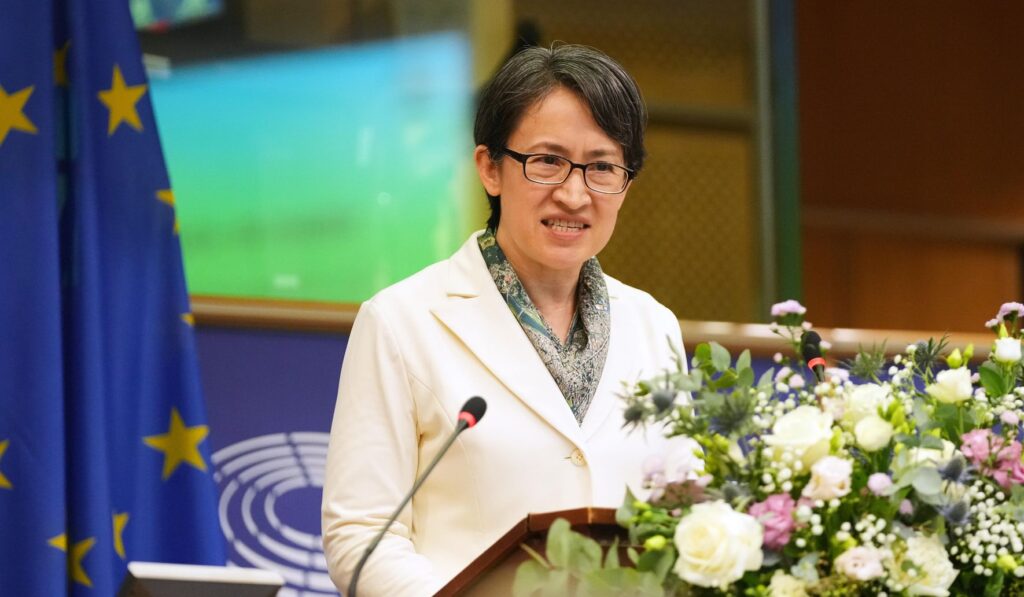China’s heightened focus on Taiwan has spilled into global diplomacy this week, driving tensions across two continents after Beijing reacted angrily to a surprise speech on Friday in Brussels by a top Taiwanese politician. The incident keeps Taiwan at the center of a larger contest between democratic partners and an authoritarian government testing international norms.
Beijing’s headline-grabbing response to that Brussels appearance shows how sensitive China is to any visible advance of Taiwan’s diplomatic profile. The furious rhetoric from Chinese officials is meant to intimidate partners and shape how capitals behave in public settings. From a Republican perspective, that kind of coercion exposes the practical limits of appeasement and the need to call out bad faith when it happens.
Diplomats in Europe and Asia are now juggling the fallout as messages travel fast and flare up slower, but more consequential, policy choices. Beijing wants to make visits and speeches risky for anyone associating with Taiwan, but that tactic also highlights how fragile the status quo is. Republicans often see this as confirmation that firmness, not equivocation, protects American interests and allies.
On the streets and in the back rooms where foreign policy gets real, the optics matter because they translate into leverage. China wants to show it can isolate Taipei and punish those who lend it a podium. When democratic governments respond with quiet reassurances rather than public solidarity, it creates openings for Beijing to expand pressure without paying political cost.
Economic entanglements complicate the picture, because trade ties give Beijing influence beyond the diplomatic stage. Corporations and supply chains are already focused on semiconductors and critical materials coming from the region, and that creates incentives for caution. Still, Republicans argue these commercial ties do not justify tolerating coercion that threatens democratic partners and global stability.
For Taiwan, every high-profile public appearance abroad is a signal that democratic governance matters and that Taipei remains engaged with the world. The Brussels speech on Friday was a reminder that Taiwan will not disappear from international discussions simply because China objects. That stubborn visibility is exactly what rattles Beijing, and the reaction reveals more about Chinese insecurity than it does about Taiwan’s actions.
Allies weigh the practical consequences of taking visible stands versus the diplomatic pain that might follow from Beijing’s displeasure. Those choices are political; they reflect national values as much as strategic calculations. From a conservative viewpoint, the calculus should favor clear support for democracies over short-term comfort with commercial access.
China’s strategy is a long game built on pressure, coercion, and the hope that repeated friction will normalize reduced interaction with Taiwan. The Brussels episode shows how easily that pressure can spread across continents and diplomatic institutions. Observers on the right see the lesson as straightforward: standing firm in defense of democratic partners discourages aggression and preserves strategic leverage.



